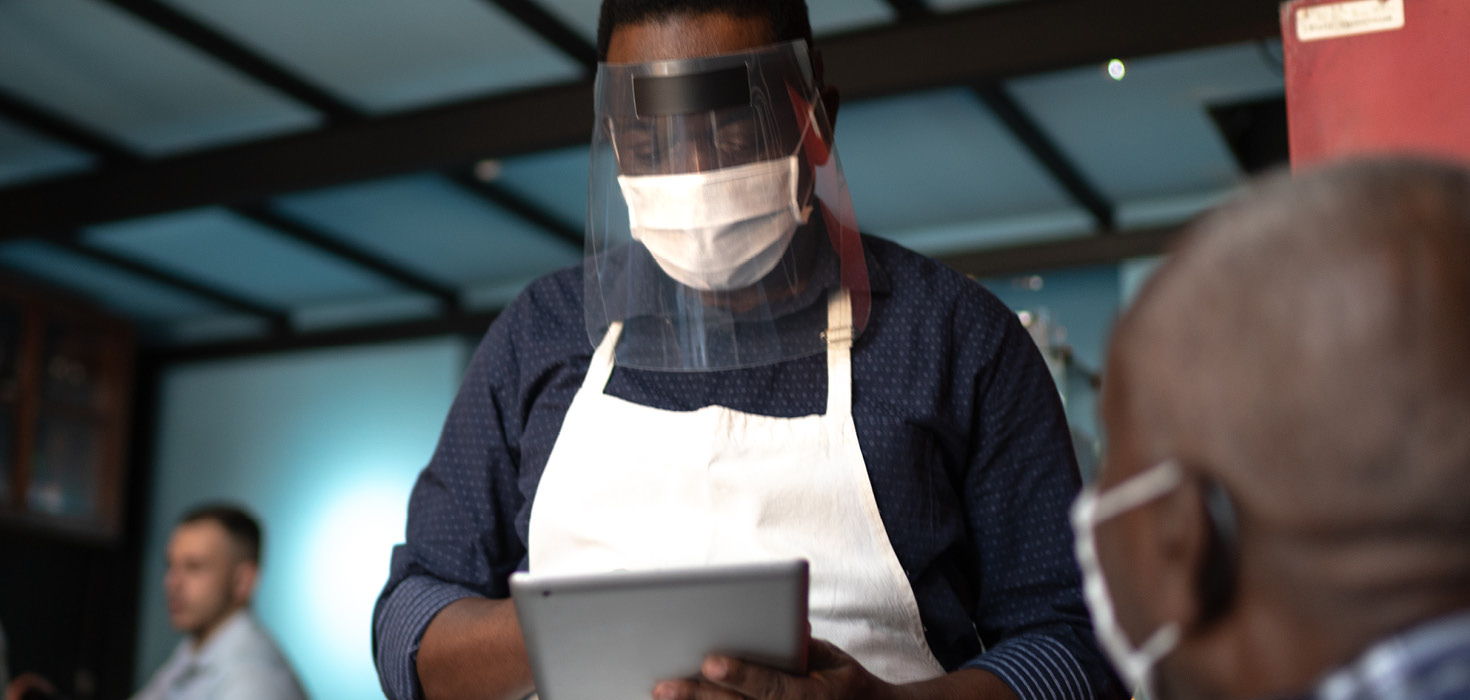July 16, 2021 – As Ontario’s businesses open their doors to workers and customers, some for the first time since 2020, they have serious questions.
How do they safely welcome people back? Will they be able to stay open if there’s a fourth wave? How do they compete if other regions are open and we’re not?
Fortunately, we know so much more about the virus today than we did in 2020. We’re more knowledgeable on how it spreads, meaning we’re ready to promote ways to mitigate transmission. We’re better able to screen for COVID-19, going as far as to provide free rapid tests to small businesses. Most of all, we have highly effective vaccines — with people getting vaccinated at world-record-breaking rates.
Yet despite this much-approved arsenal, the future remains uncertain — especially for the tens of thousands of non-essential business owners who could be asked, at any moment, to close their doors again if there’s a fourth wave. That’s unacceptable.
Ontario needs a secure, reliable COVID safe pass system that enables people to demonstrate that they have either been vaccinated against COVID-19 or have had a recent negative test.
The message is clear: the choice of vaccination is a personal one, but the right to access non-essential services like major events, indoor dining and in-person retail require personal accountability. You must be able to prove that you do not have the virus — either through vaccination or testing negative — in the same way you’ve been screened for symptoms and potential contact to enter certain spaces previously.
We get it, COVID safe passes can sound confusing or intimidating. But if you strip away all the misinformation and hyperbole, these passes are just a way to communicate your COVID status in a reliable, consistent and standard way. It tells non-essential businesses that they can safely serve you, protecting their workers and other customers. It helps you get back to normal, and it rewards you for taking care of yourself and your family.
The pandemic has shown we have a collective responsibility to each other. It is why governments closed schools and non-essential businesses and limited travel to begin with — to keep people safe. COVID safe passes are another tool to do so — but one that puts more agency in people’s hands.
Similar passes are endorsed by the Organization for Economic Co-operation and Development, the World Health Organization and dozens of others. Already jurisdictions around the world are moving forward on them, including the E.U., New York and our neighbours of Quebec and Manitoba. In fact, early evidence shows an increase in vaccination appointments following a COVID pass or vaccination passport announcement.
To note, a rollout of COVID safe passes should not occur until virtually every willing Ontarian is vaccinated — and every effort should be made to reach communities experiencing barriers to vaccines. However, it’s important our governments develop and communicate these passes now. As seen in other reopening economies, spikes in cases among unvaccinated people can happen quickly. We must be prepared for that moment with COVID safe passes as an alternative to declaring non-essential businesses must shut down.
There’s a risk if we don’t act quickly, too. Allowing other jurisdictions, and especially other provinces, to be leaders in COVID safe passes threatens our multi-billion-dollar visitor economy ($11 billion for the Toronto region alone). Vaccinated travellers, conference planners and event organizers want to go to open economies, and they will take their spending elsewhere unless we can convince them Ontario’s economy will remain safely open to them.
Alternatively, if we do move quickly, Ontario can signal to the rest of the world that we’ll be open. This will be a catalyst for the country — generating a wave of momentum that could inspire other provinces to follow suit.
We can be a leader in facilitating a safe, sustainable and lasting reopening, but we must act now to do so. Anything less puts too high a cost on our businesses — just as it’s time to reopen our economy, kick-start spending and regain thousands of lost jobs.
Jan De Silva is the President and CEO of the Toronto Region Board of Trade and Dr. Bob Bell is Ontario’s former Deputy Minister of Health and Long-Term Care and former CEO of the University Health Network
This op-ed was originally published in the Toronto Sun.
The Toronto Region Board of Trade is one of the largest and most influential business chambers in North America and is a catalyst for the region’s economic agenda. We pursue policy change to drive the growth and competitiveness of the Toronto region and facilitate market opportunities with programs, partnerships and connections to help our members succeed – domestically and internationally.
Media Contact
Andrew Perez, Media Relations Manager
647-290-2171
media@bot.com
